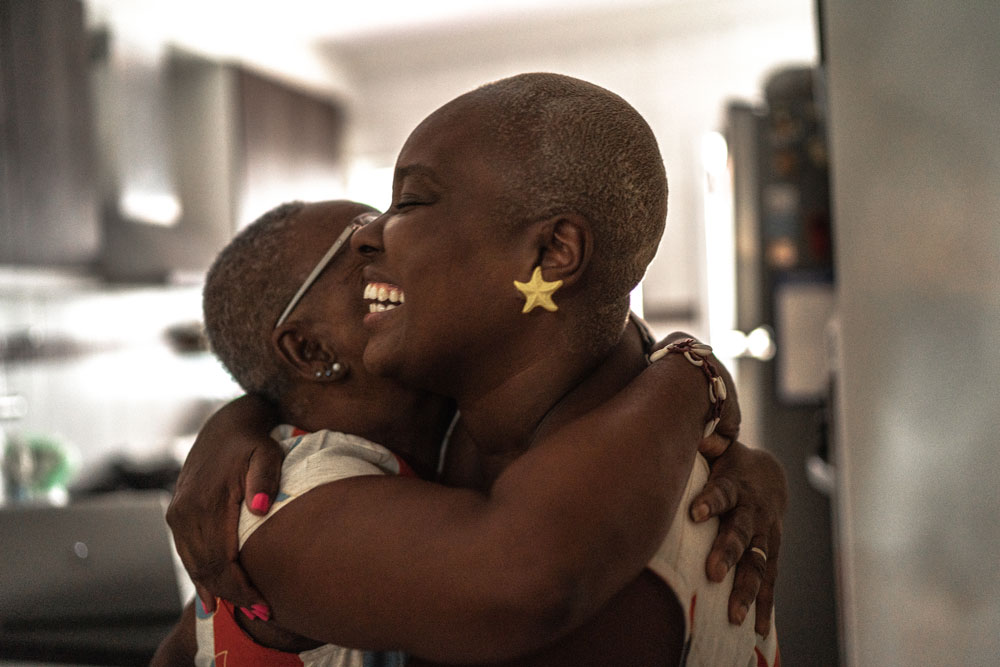Removing Barriers to Clinical Trials for Everyone
At PAREXEL, patients come first. We strive to make clinical trials accessible to everyone, regardless of race, gender, age, ability or economic status, and ensure that the choice to participate is always in the patient's hands.
By broadening recruitment efforts, leveraging real patient insights to include more diverse patients, and designing trials to meet their needs, we can develop better medicines that work across populations. Learn how we can help make clinical trials more equitable and effective.
Better access for underrepresented groups
Patients from underrepresented groups are not enrolled in clinical trials as frequently as other patients. These patients miss out on cutting-edge drugs and treatments, as well as the basic medical care that comes with participating in a trial. Additionally, drugs are often tested on fairly homogenous patient populations, meaning scientists and doctors often miss out on important data about how the drug affects other groups of patients.
Making clinical trials more inclusive can improve health outcomes, especially for people who are more likely to suffer from poor health due to poverty and discrimination.
Our tactics to expand access to clinical trials include:
- Locating clinical trial sites in hard-to-reach areas
- Providing educational materials to address common misconceptions about the content of clinical trials
- Designing clinical trials that take into account barriers to participation, such as time and transportation
Rethinking Study Design
To make trials accessible to all, patients' needs must be prioritized from the design stage. When you choose us as your partner, you get access to a service called Patient Insights, which solicits feedback from patients, staff and healthcare professionals even before the start of your trial to assess whether your strategy is feasible or may pose unforeseen obstacles. These insights allow you to:
- Reviewing the examination schedule to reduce the burden on patients
- Use easier-to-understand language in patient-facing materials
- Some patient evaluations will be conducted virtually rather than in person
最新のインサイト
業界の最新トピックについて専門家の意見をお聞きになりたいですか?弊社のインサイト センターをご覧ください。






